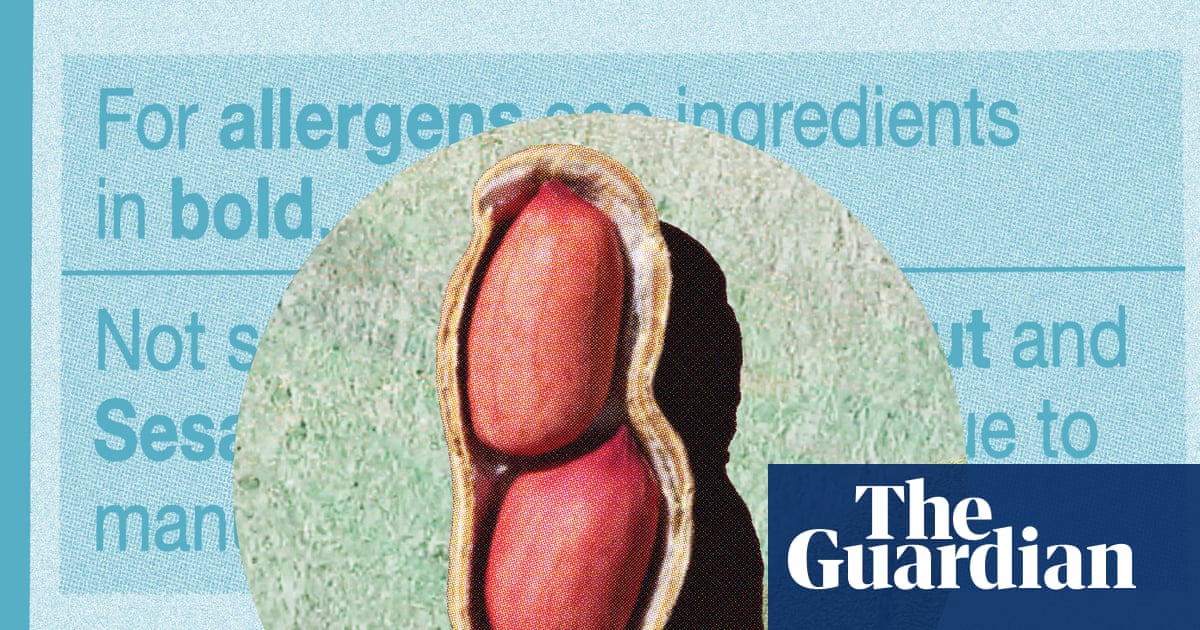
"In the late 1990s and early 2000s, parents were urged not to introduce their children to peanuts one of the most common food allergens until the child was at least three years old. But in 2015, a blockbuster paper in the New England Journal of Medicine known as the Leap (Learning Early About Peanut allergy) study found that introducing the food to babies when they were just a few months old could reduce a child's risk of developing the allergy by over 80%."
"Public health guidelines shifted and in 2017 the Prevention of Peanut Allergy Guidelines recommended introducing peanut protein to infants. A common misconception about food allergies is that delaying the introduction of allergenic foods may help prevent them, says Dr Stanislaw Gabryszewski, an attending physician at the Children's hospital of Philadelphia and one of the paper's co-authors. We now have strong evidence showing the opposite that introducing peanuts and other common allergens early in infancy can actually reduce the risk of developing an anaphylactic food allergy."
Peanut allergy diagnoses among children have declined by over 40% since 2017 following major shifts in food allergy guidance. A 2015 randomized trial (LEAP) found that introducing peanut to infants at a few months old reduced allergy risk by more than 80%. Public health recommendations in 2017 endorsed introducing peanut protein to infants. Delaying introduction of common allergenic foods does not prevent allergies; early introduction can lower risk of developing anaphylactic food allergy. Food allergies arise when the immune system produces IgE antibodies against a food allergen, leading to reactions such as hives, itchy skin, swelling, and potentially anaphylaxis. Cautious early introduction under clinical guidance is advised.
Read at www.theguardian.com
Unable to calculate read time
Collection
[
|
...
]